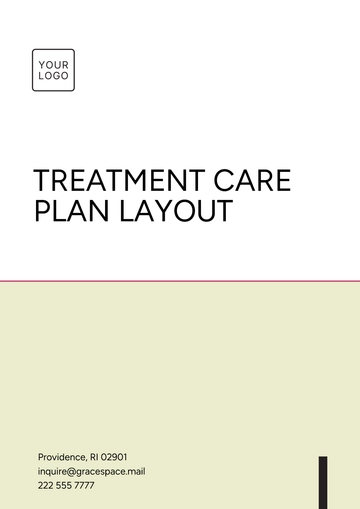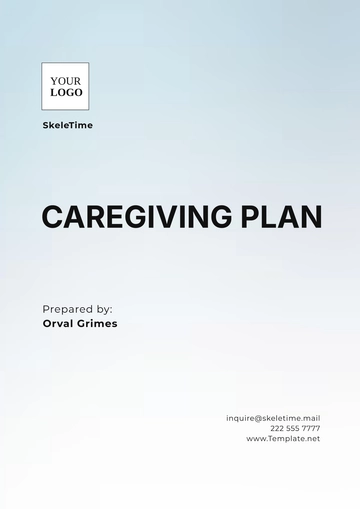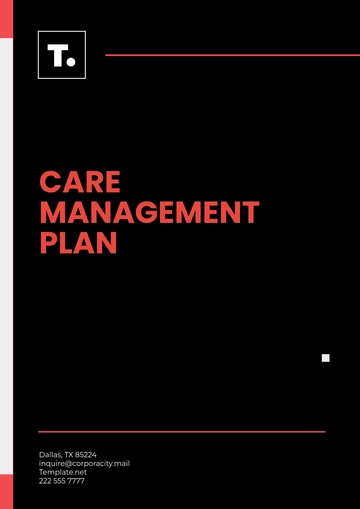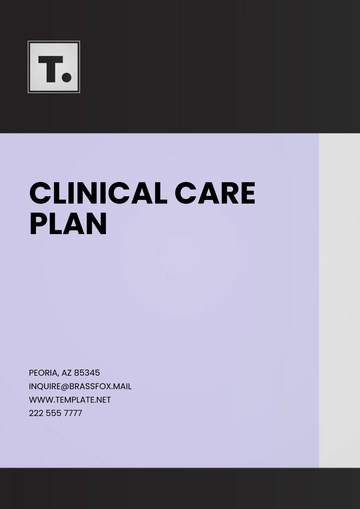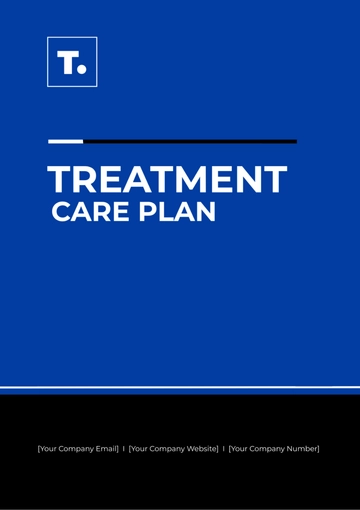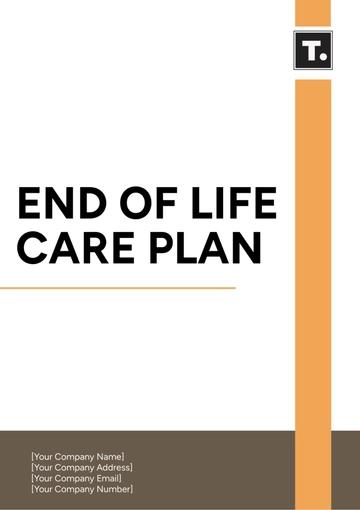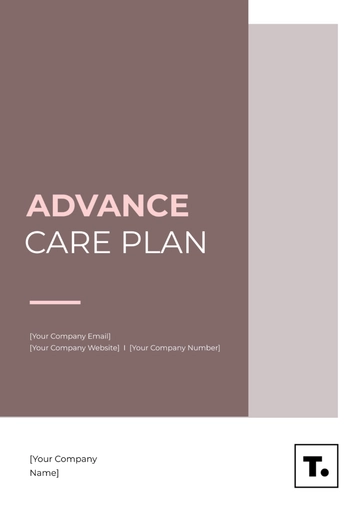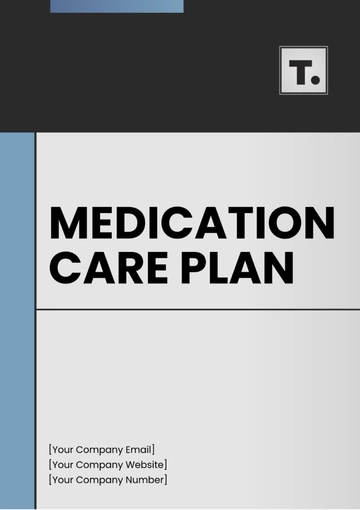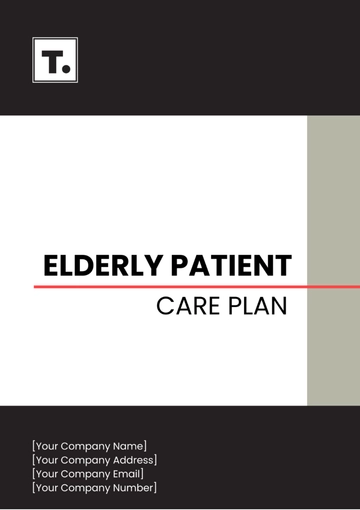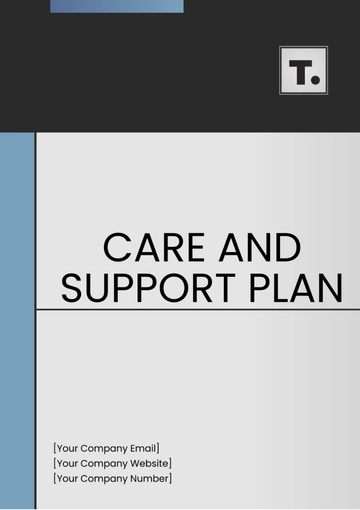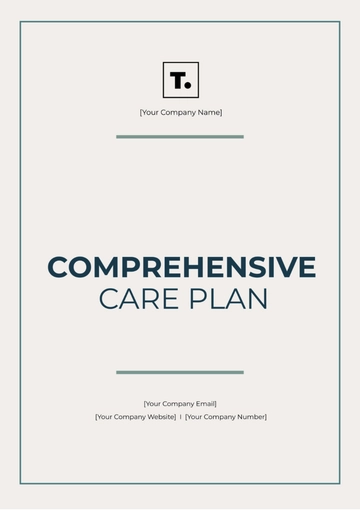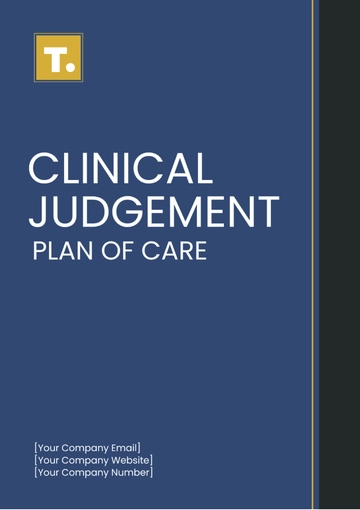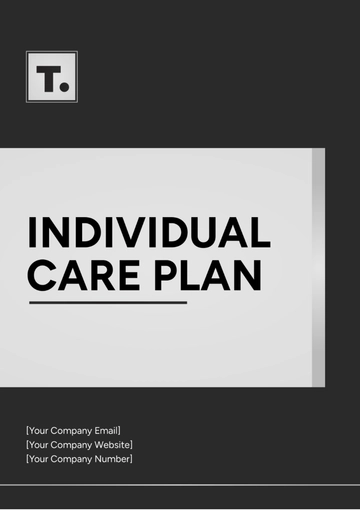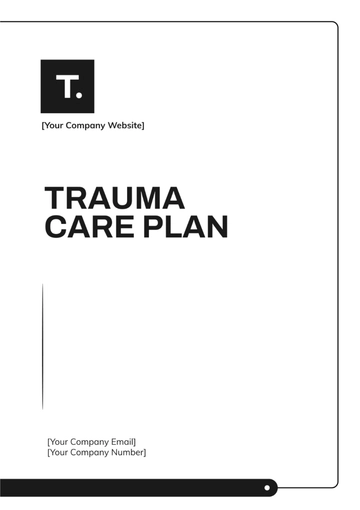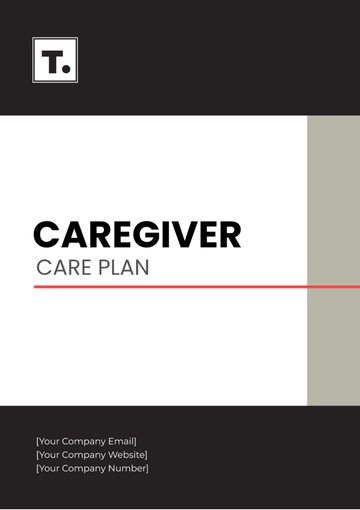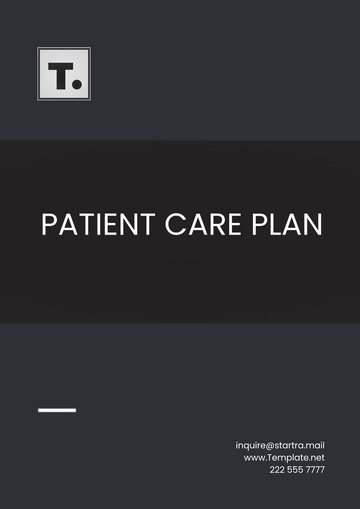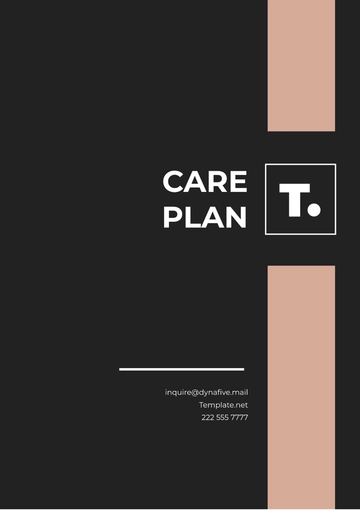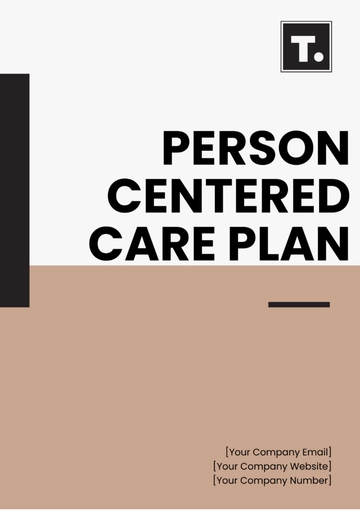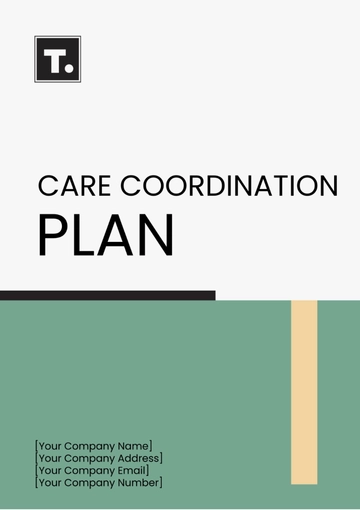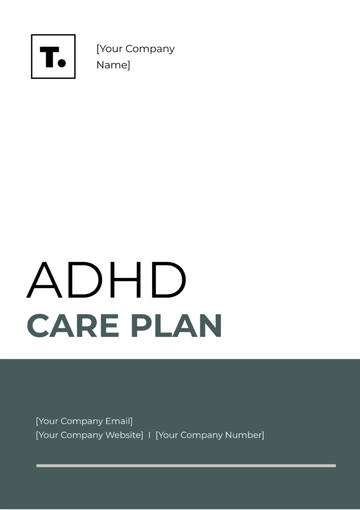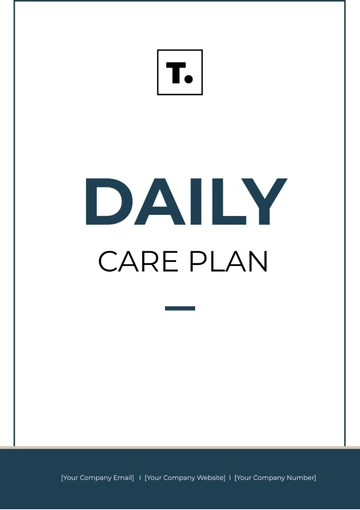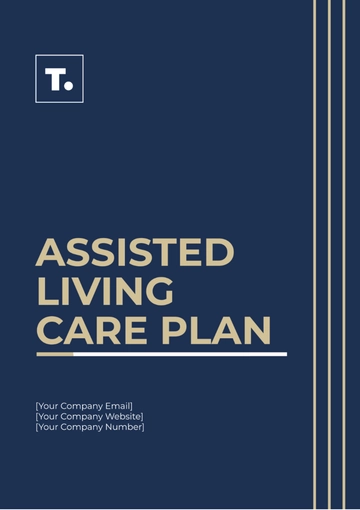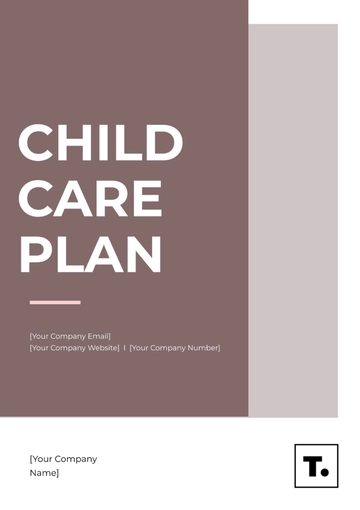Free Obesity Care Plan
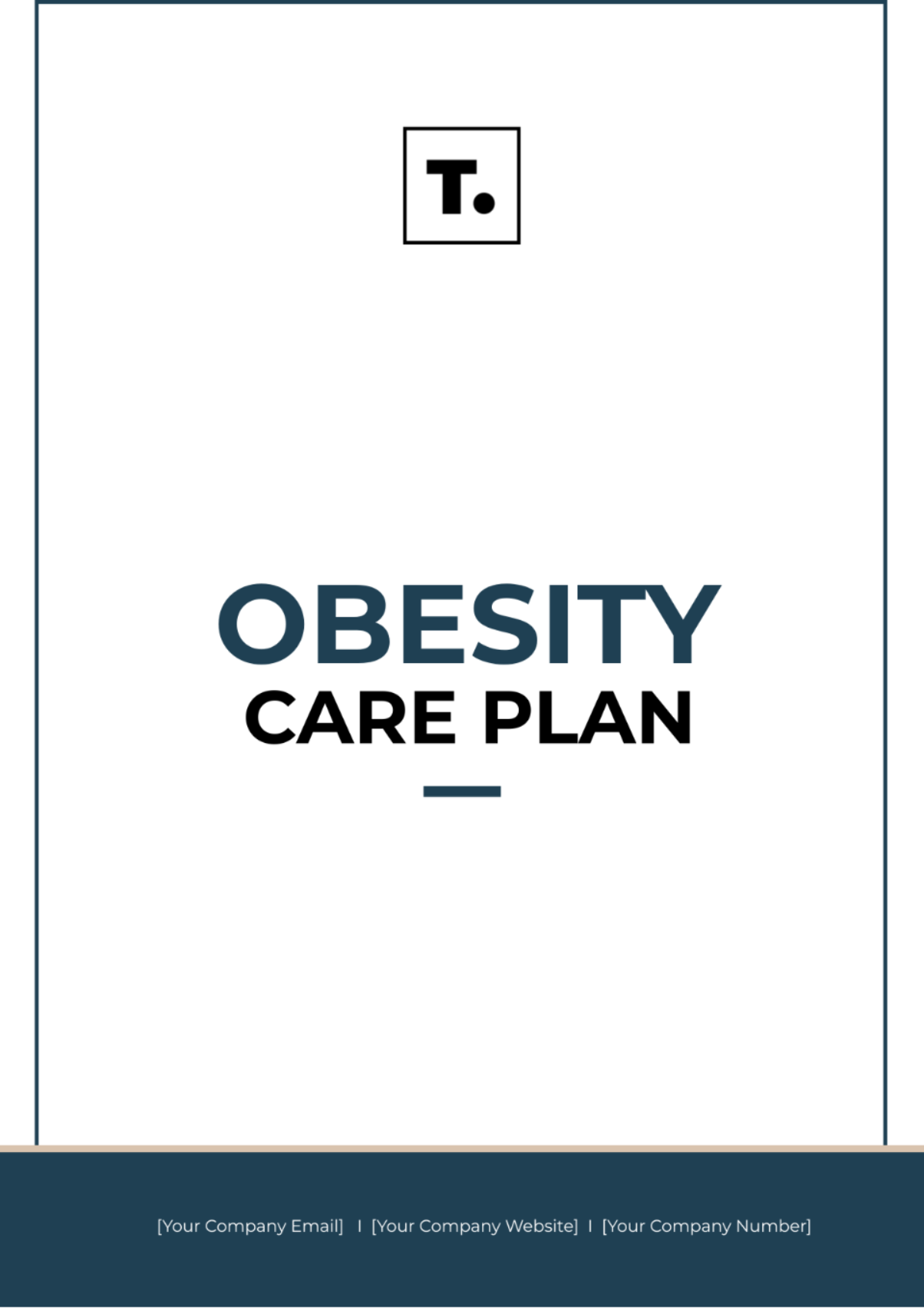
Prepared by: [Your Name]
Date: [Date]
I. Introduction
This Obesity Care Plan has been meticulously crafted to address the specific needs of patients dealing with obesity. The goal is to create an individualized dietary plan that promotes weight loss and improves overall health, based on the patient's medical history and nutritional needs.
II. Patient Information
Name: [Patient's Name]
Age: [Age]
Gender: [Gender]
Medical History: Hypertension, family history of obesity
Current Weight: 250 lbs
Height: 6 ft
BMI: 33.9 (Obese)
Current Dietary Habits: High intake of processed foods, irregular meal times
III. Assessment
The patient presents with obesity, evidenced by a BMI above the normal range. Obesity can lead to various health complications such as cardiovascular diseases, diabetes, and musculoskeletal issues. Additionally, the patient's current dietary habits may contribute to the progression of obesity and exacerbate associated health risks.
IV. Goals
Achieve a gradual and sustainable weight loss of 1-2 pounds per week.
Improve nutritional intake by incorporating a balanced diet.
Establish healthier eating habits to support long-term weight management.
Reduce the risk of obesity-related comorbidities.
V. Intervention:
A. Nutritional Assessment
Nutritional Parameter | Assessment Result |
|---|---|
Caloric Intake | 2500 calories/day |
Macronutrient Intake | Imbalanced, excessive carbs |
Micronutrient Status | Likely deficient |
Dietary Preferences | Prefers savory, dislikes veg |
Medical Conditions | Hypertension |
B. Personalized Diet Plan
Reduce daily caloric intake to 2000 calories/day
Increase consumption of lean proteins, fruits, and vegetables
Limit intake of processed foods and sugary beverages
Incorporate whole grains and healthy fats into meals
C. Balanced Macronutrient Distribution
Aim to distribute your macronutrients so that 40% of your caloric intake comes from carbohydrates, 30% from protein, and 30% from fats.
D. Portion Control
Use visual aids and measuring tools to provide education on what constitutes appropriate portion sizes.
E. Meal Planning and Preparation
Provide guidance on meal planning and the techniques involved in preparation to ensure the inclusion of a diverse array of nutritious foods.
F. Nutritional Education:
Educate on reading food labels, making healthier choices when dining out, and cooking healthier meals at home.
G. Behavioral Counseling:
Address emotional eating triggers and stress management techniques.
Provide strategies for overcoming barriers to dietary adherence.
H. Physical Activity Recommendations:
Promote consistent engagement in physical activity, to achieve a minimum of 150 minutes of exercise at a moderate intensity level each week.
VI. Monitoring and Evaluation
A. Regular Follow-up
Monthly follow-up appointments to assess progress and adjust the diet plan as needed
B. Weight Monitoring
Date | Weight (lbs) |
|---|---|
2050-01-15 | 250 |
2050-02-15 | 245 |
2050-03-15 | 240 |
C. Nutritional Status
Quarterly assessments of dietary intake to ensure adherence to the prescribed diet plan
D. Behavioral Changes
Behavior Change | Progress/Challenge |
|---|---|
Adherence to the Diet Plan | Progressing well |
Portion Control | Challenges with snacking |
Meal Planning | Improvement in meal prep |
Physical Activity Routine | Increasing consistency |
Stress Management | Learning coping strategies |
E. Health Outcomes
Quarterly evaluations of health outcomes, including changes in BMI, blood pressure, and lipid levels
VII. Discharge Criteria
The patient will be considered for discharge from the obesity care plan when:
Satisfactory progress towards weight loss goals and improvement in health outcomes is achieved.
The patient demonstrates the ability to maintain healthy eating habits and lifestyle changes independently.
Follow-up appointments indicate stable adherence to the prescribed diet plan and continued progress toward long-term weight management goals.
VIII. Follow-up Plan
Upon discharge, the patient will be provided with a comprehensive follow-up plan, including recommendations for continued dietary adherence, physical activity, and strategies for weight maintenance. Referral to additional support services, such as support groups or behavioral counseling, may be arranged if necessary.
- 100% Customizable, free editor
- Access 1 Million+ Templates, photo’s & graphics
- Download or share as a template
- Click and replace photos, graphics, text, backgrounds
- Resize, crop, AI write & more
- Access advanced editor
Transform your approach to patient care with the Obesity Care Plan Template from Template.net. This fully customizable and editable template ensures a tailored healthcare plan for each patient. Effortlessly editable in our AI Editor Tool, it allows for precise adjustments to meet individual needs, enhancing the effectiveness of your treatment strategies.
You may also like
- Finance Plan
- Construction Plan
- Sales Plan
- Development Plan
- Career Plan
- Budget Plan
- HR Plan
- Education Plan
- Transition Plan
- Work Plan
- Training Plan
- Communication Plan
- Operation Plan
- Health And Safety Plan
- Strategy Plan
- Professional Development Plan
- Advertising Plan
- Risk Management Plan
- Restaurant Plan
- School Plan
- Nursing Home Patient Care Plan
- Nursing Care Plan
- Plan Event
- Startup Plan
- Social Media Plan
- Staffing Plan
- Annual Plan
- Content Plan
- Payment Plan
- Implementation Plan
- Hotel Plan
- Workout Plan
- Accounting Plan
- Campaign Plan
- Essay Plan
- 30 60 90 Day Plan
- Research Plan
- Recruitment Plan
- 90 Day Plan
- Quarterly Plan
- Emergency Plan
- 5 Year Plan
- Gym Plan
- Personal Plan
- IT and Software Plan
- Treatment Plan
- Real Estate Plan
- Law Firm Plan
- Healthcare Plan
- Improvement Plan
- Media Plan
- 5 Year Business Plan
- Learning Plan
- Marketing Campaign Plan
- Travel Agency Plan
- Cleaning Services Plan
- Interior Design Plan
- Performance Plan
- PR Plan
- Birth Plan
- Life Plan
- SEO Plan
- Disaster Recovery Plan
- Continuity Plan
- Launch Plan
- Legal Plan
- Behavior Plan
- Performance Improvement Plan
- Salon Plan
- Security Plan
- Security Management Plan
- Employee Development Plan
- Quality Plan
- Service Improvement Plan
- Growth Plan
- Incident Response Plan
- Basketball Plan
- Emergency Action Plan
- Product Launch Plan
- Spa Plan
- Employee Training Plan
- Data Analysis Plan
- Employee Action Plan
- Territory Plan
- Audit Plan
- Classroom Plan
- Activity Plan
- Parenting Plan
- Care Plan
- Project Execution Plan
- Exercise Plan
- Internship Plan
- Software Development Plan
- Continuous Improvement Plan
- Leave Plan
- 90 Day Sales Plan
- Advertising Agency Plan
- Employee Transition Plan
- Smart Action Plan
- Workplace Safety Plan
- Behavior Change Plan
- Contingency Plan
- Continuity of Operations Plan
- Health Plan
- Quality Control Plan
- Self Plan
- Sports Development Plan
- Change Management Plan
- Ecommerce Plan
- Personal Financial Plan
- Process Improvement Plan
- 30-60-90 Day Sales Plan
- Crisis Management Plan
- Engagement Plan
- Execution Plan
- Pandemic Plan
- Quality Assurance Plan
- Service Continuity Plan
- Agile Project Plan
- Fundraising Plan
- Job Transition Plan
- Asset Maintenance Plan
- Maintenance Plan
- Software Test Plan
- Staff Training and Development Plan
- 3 Year Plan
- Brand Activation Plan
- Release Plan
- Resource Plan
- Risk Mitigation Plan
- Teacher Plan
- 30 60 90 Day Plan for New Manager
- Food Safety Plan
- Food Truck Plan
- Hiring Plan
- Quality Management Plan
- Wellness Plan
- Behavior Intervention Plan
- Bonus Plan
- Investment Plan
- Maternity Leave Plan
- Pandemic Response Plan
- Succession Planning
- Coaching Plan
- Configuration Management Plan
- Remote Work Plan
- Self Care Plan
- Teaching Plan
- 100-Day Plan
- HACCP Plan
- Student Plan
- Sustainability Plan
- 30 60 90 Day Plan for Interview
- Access Plan
- Site Specific Safety Plan

